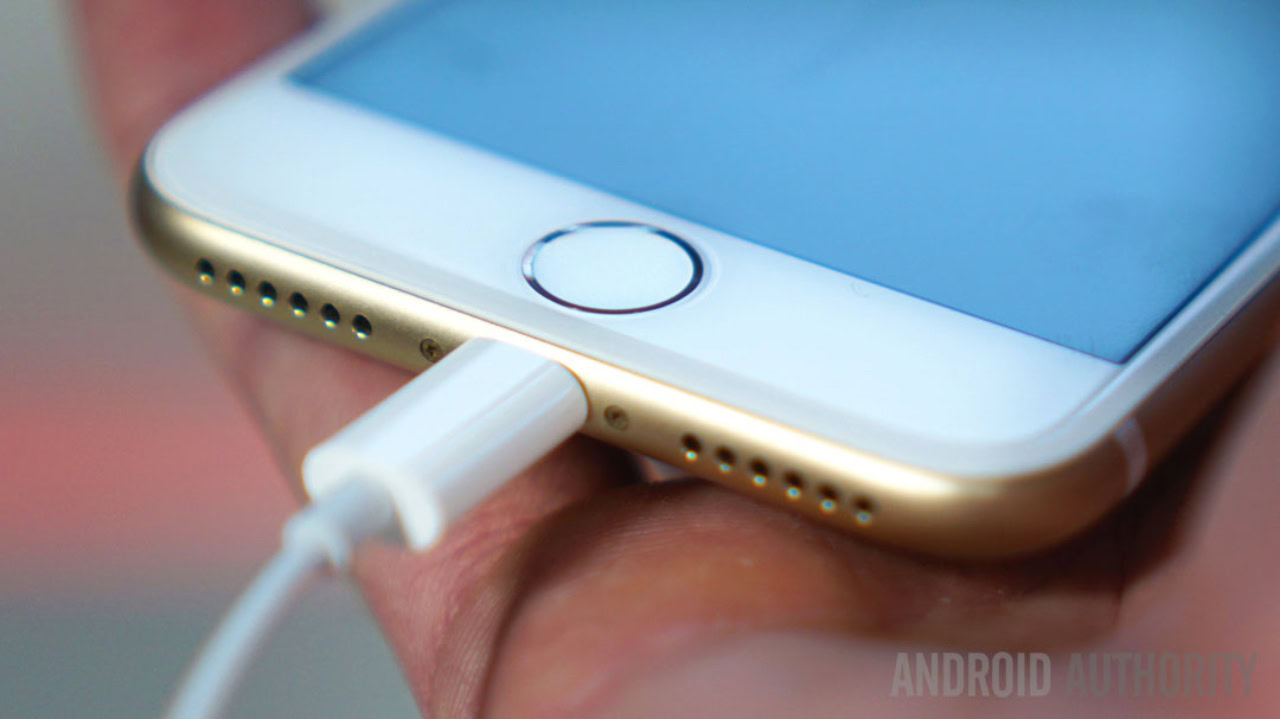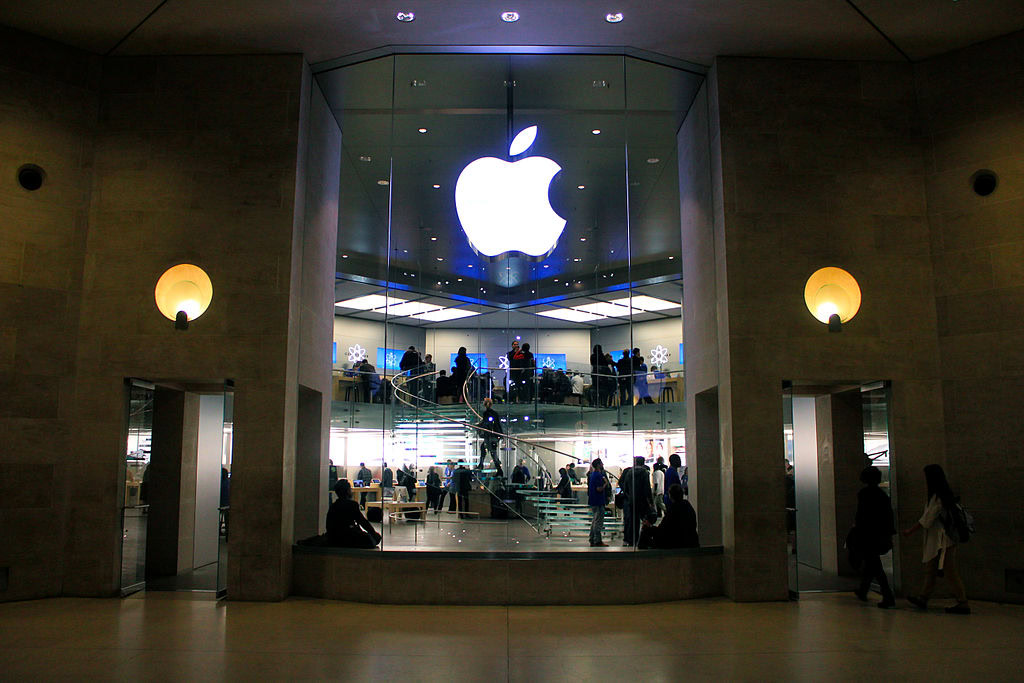Affiliate links on Android Authority may earn us a commission. Learn more.
Apple to pay $500 million for 'Batterygate,' the intentional slowdown of iPhones

At the end of 2017, news broke related to Apple’s policy of slowing down older iPhones through software updates. The company’s reasoning for the slowdowns was to put less strain on aging batteries, resulting in the public dubbing the issue “Batterygate.” As one would expect, iPhone owners weren’t too pleased about their slower iPhones.
Now, according to Reuters, Batterygate could end up costing Apple as much as $500 million. The company is in the process of settling a class-action lawsuit related to the iPhone slowdown policy. The settlement — if approved by a judge — would require Apple to pay affected iPhone owners $25 each. That amount could go up or down depending on how many eligible iPhone owners stake a claim, but the total amount wouldn’t dip below $310 million or go higher than $500 million.

According to a statement from Apple, the company decided to settle the class-action suit to avoid legal costs related to fighting the case. For the record, that would mean Apple planned on potentially spending more than $500 million on legal fees to fight this case — or it means Apple knew it wouldn’t win and is backing out now.
When news of Batterygate broke it sent a shockwave through the tech industry. Other smartphone companies, including Samsung, tried to use the news as a PR lift and quickly claimed that they had never instituted similar slowdowns for their own smartphones. However, in the case of Samsung, that was shown to not be true.
If you owned an iPhone that was affected by the policies related to Batterygate, there will likely be an online claim form to fill out if a judge approves the settlement terms. Stay tuned.